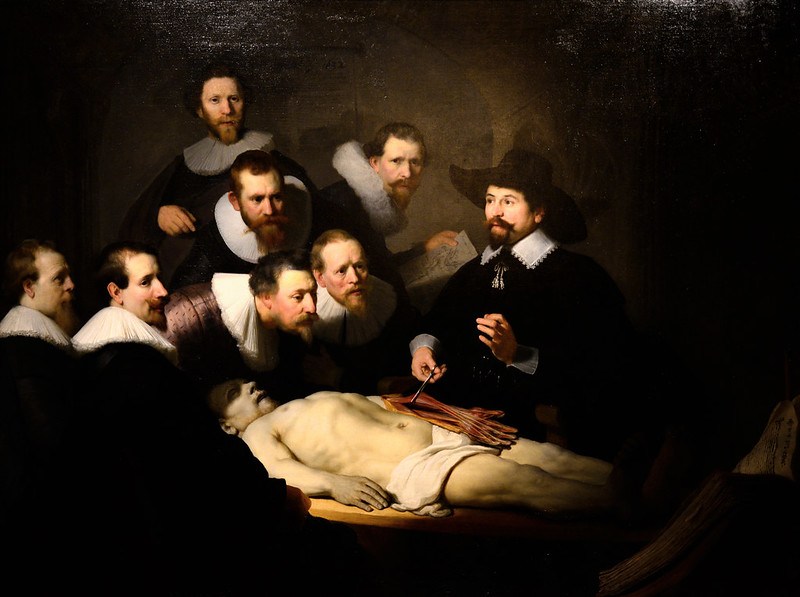Anyone planning to leave their body to science should look elsewhere than the Free University of Brussels (ULB) for at least a year, while the medical faculty housed at the Erasmus hospital in Anderlecht undergoes renovation work.
The French-speaking public broadcaster RTBF was alerted to the issue when they were contacted by the family of a woman who had made a will leaving her body to science.
“My mother had arranged a will with the ULB five years ago,” the daughter of the family, who have not been named, told the broadcaster. She died in hospital on 17 December. It had been arranged that her body would be transported, but just as the morgue contacted the ULB, the university explained that was no longer possible.”
The family now, at a time of mourning, has to find an alternative way to fulfil their mother’s wishes. “When we asked for an alternative, they told us quite simply that the body could be buried or cremated in the usual way. Unbelievable. My mum’s wishes, which were to donate her body to science, have not been at all respected.” The family later found a solution at the other Free University of Brussels, the Flemish VUB.
The ULB explained that it had been impossible to contact the thousands of families likely to be affected by the down-time. At latest count, the university’s records show 10,000 outstanding living wills of people who have agreed to donate their bodies after death, explained Professor Stéphane Louryan of the anatomy laboratory. Any one of those people, like any one of the rest of us, could die at any moment, so all would have to be notified of the suspension.
“Contacting all of them would be a massive job,” he said.
In the meantime, as well as offering the advice to proceed to a more conventional burial or cremation, the ULB has decided to offer relatives of the deceased the option of signing a form to allow the ULB to pass the body on to one of the universities with which it cooperates, whether in the French-speaking or Flemish communities. Such an arrangement already exists with the university of Louvain-la-Neuve (UCL) and preliminary contacts have been made with the VUB and the university of Mons.
The use of cadavers for teaching and research is still of importance to medicine, with the ULB alone receiving – in normal circumstances – an average of three a week. “These bodies are mainly used for teaching students of medicine, dentistry and motor science,” Prof Louryan said. “Some are also used in scientific research, or in surgical research into innovative techniques.”
Alan Hope
The Brussels Times

